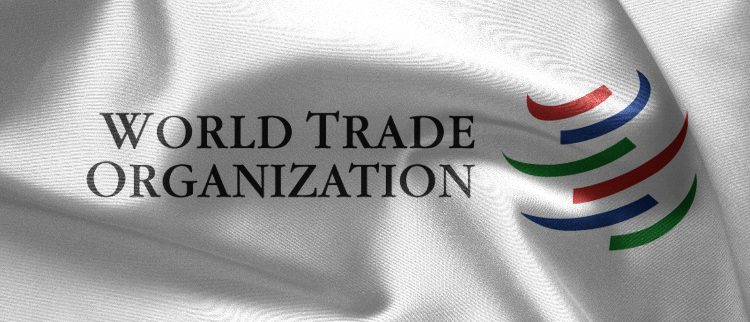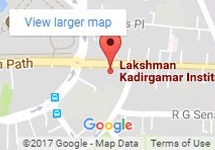
Reading Time: 2 min read
Dr. Ganeshan Wignaraja, Chair of LKI’s Global Economy Programme (supported by Dilmah), recently delivered an invited lecture on “Understanding the World Trade Organization (WTO)”, to postgraduate students at the University of Colombo. This lecture is part of LKI’s efforts to promote a greater public awareness in Sri Lanka of key foreign policy issues and institutions.
The lecture, held on 29 September 2017, explored a range of issues relating to the WTO. These issues included: the history and mandate of the WTO, and its core functions; the implications of the WTO Trade Facilitation Agreement; Sri Lanka’s role in the WTO and related challenges; and the need for reforms in the WTO. The lecture drew on a recent Explainer published by researchers at LKI, titled “Implications of the WTO Trade Facilitation Agreement for Sri Lanka.”
Dr. Wignaraja’s presentation highlighted the following points:
- The WTO is the only international organisation which sets global rules on international trade. It is a vital mechanism for ensuring that trade flows as smoothly, predictably, and freely as possible.
- A key feature of the WTO is its dispute settlement mechanism, known as the Dispute Settlement Understanding (DSU). The DSU is a multilateral system of settling disputes on the violation of trade rules by WTO Members. Without a means to resolve disagreements and enforce rules, the system would be less effective.
- The DSU mechanism allows for any WTO member state to lodge complaints with the Dispute Settlement Body (DSB); including developing countries to bring complaints against developed countries.
- The dispute settlement case between Sri Lanka and Brazil in 1996, in which Sri Lanka was the complainant, is a prime example of the effectiveness of the WTO. The issue at stake was the countervailing duties imposed by Brazil on the import of desiccated coconut and coconut milk powder from Sri Lanka. Brazil lost this case due to a violation of WTO rules.
- Although many agree that the dispute settlement mechanism is working reasonably well, only a few Asian countries (Japan, China, Korea and India) use the system regularly. The system would be strengthened by addressing key gaps of the DSU mechanism, including the cost of dispute settlement, the issue of only governments having the standing to complain, and the lack of compensation for damages incurred.
The audience comprised postgraduate students in international relations including representatives from the Sri Lankan armed forces, the US Embassy in Sri Lanka, the Embassy of Indonesia in Sri Lanka, the Red Cross and the private sector.



